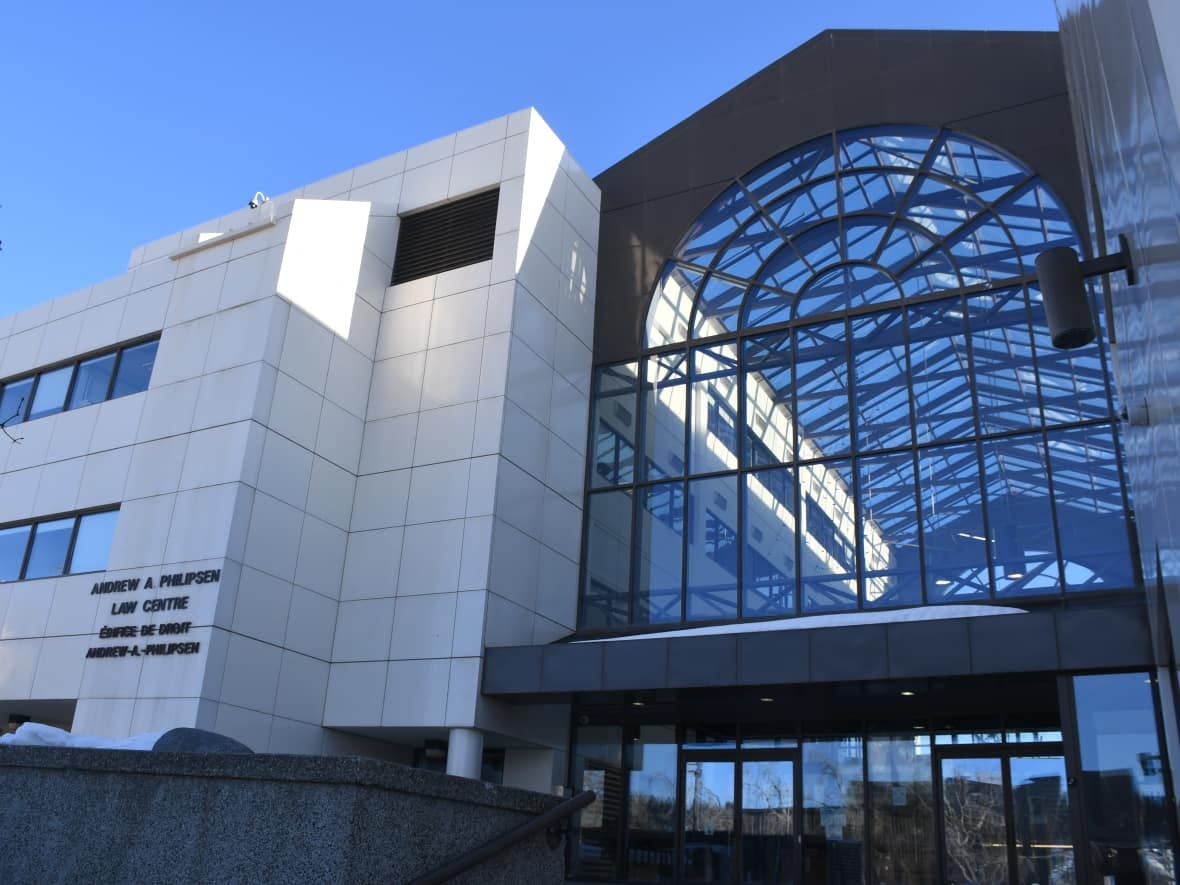Yukon helicopter business ordered to pay propane company $12K for breaching supply contract

A judge has ordered a Whitehorse helicopter business to pay a propane company more than $12,000 for breaching a supply contract.
In a written decision on April 17, Yukon Territorial Court judge Karen Ruddy ruled Fireweed Helicopters Ltd. violated two terms of its agreement with Super Save Propane — it switched to another supplier before its Super Save contract expired, and allowed the new supplier to move Super Save's propane tank from its property without the company's knowledge.
Super Save took Fireweed to small claims court in December 2021 seeking nearly $18,500 in damages. The matter was the subject of a two-day trial earlier this year.
According to witnesses and documents filed as exhibits at trial, Super Save and Fireweed entered a five-year propane supply contract in November 2017, with the expectation that Super Save monitor the level of propane in Fireweed's tank, used to heat the company's head office and hangar, and fill it up as necessary.
Fireweed, however, alleged Super Save allowed the propane in the tank to drop to "dangerously low" levels during January and February 2020, including during a cold snap when the propane tank stopped working. The company ultimately switched to another propane supplier in July 2021, 16 months before its contract with Super Save was set to end.
The new supplier removed Super Save's tank from the Fireweed property and replaced it with its own.
Super Save sent Fireweed a "final invoice" of $18,480.07 in November of that year under a "liquidated damages clause" in its contract. The figure accounts for the amount of propane Fireweed would have been expected to purchase had the remainder of the contract been fulfilled.
Fireweed, in reply, argued Super Save had actually breached the contract first by allowing the amount of propane in the tank to drop too low in early 2020. It also claimed the liquidated damages clause in the contract was punitive and therefore unenforceable, and that it owed no money to Super Save.
Neither side 'fully successful' in case, judge writes
In her decision, Ruddy ruled that while Fireweed's propane tank wasn't working in January 2020, she couldn't firmly conclude it was caused by not having enough propane in the tank; she found the tank was at least 20 per cent full in both January and February, and that a witness had testified tanks could still function at five per cent volume.
Super Save, Ruddy concluded, did not breach the contract.
Fireweed, meanwhile, had breached two written clauses in the contract, Ruddy wrote. However, she agreed that Super Save's liquidated damages clause was punitive — the calculation of how much Fireweed owed for prematurely backing out of the contract included lost profit but also the cost of refining the propane.
Super Save wouldn't actually incur that cost since it wouldn't be delivering the propane, Ruddy wrote. She noted the refinery cost amounted to 24 per cent of the calculation, which she described as "not a negligible cost" and effectively a penalty.
Ruddy ruled that Super Save was still entitled to contractual damages though, amounting to how much profit it would have made during the remaining 16 months of the contract — $12,303.12.
Ruddy didn't award legal fees in the case as "neither party was fully successful."


